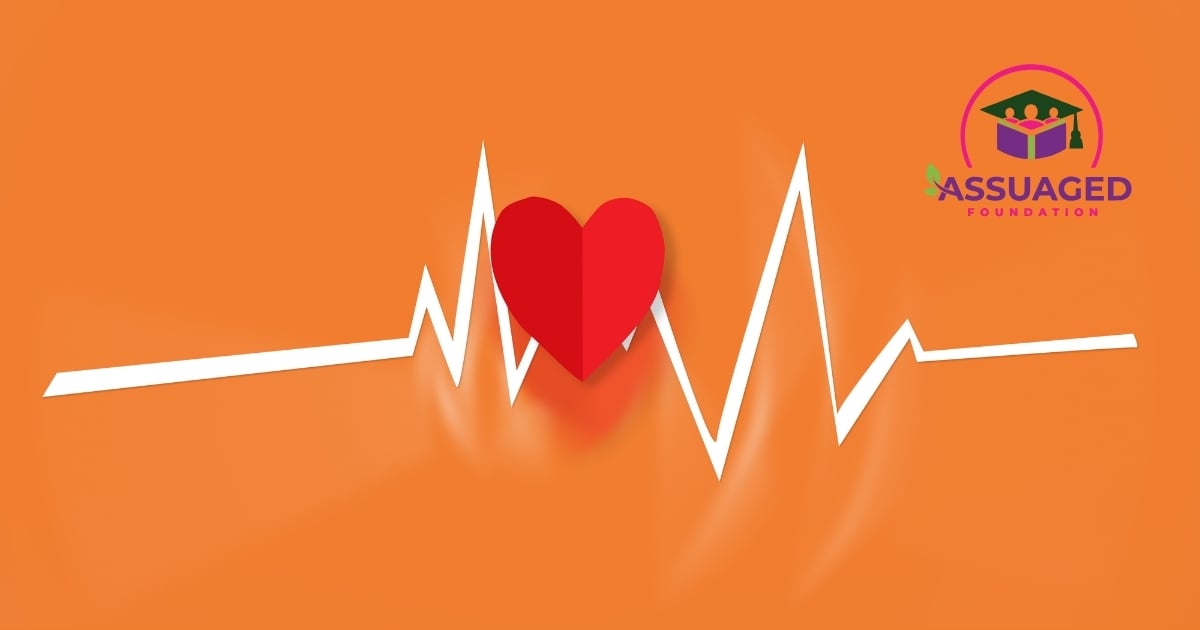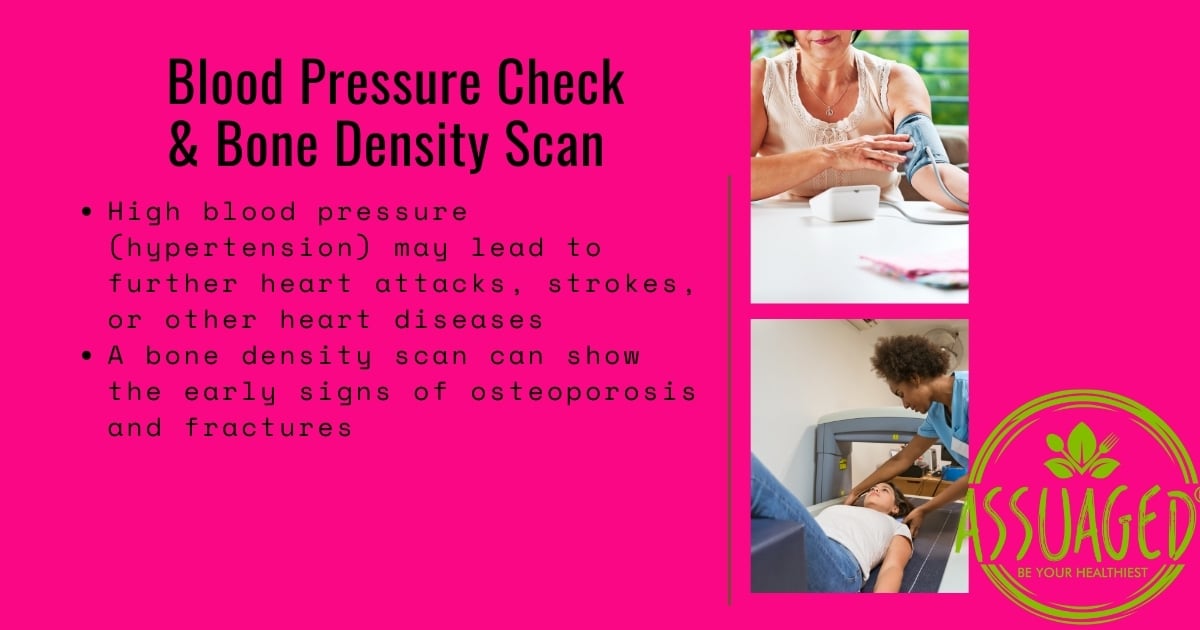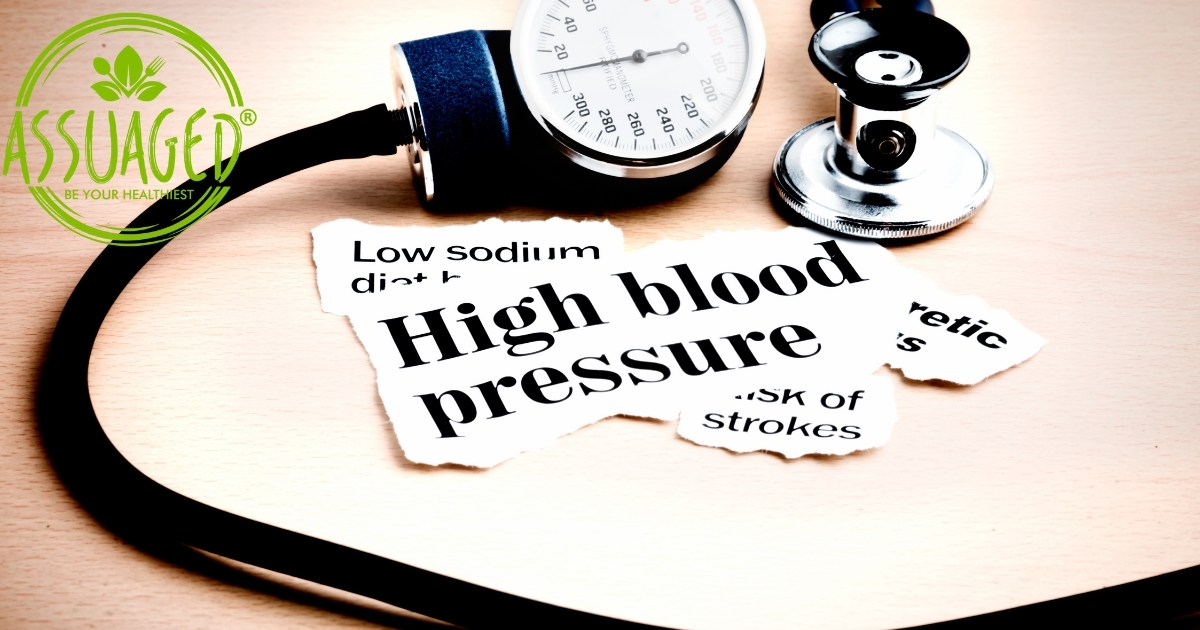Hypertension, also known as high blood pressure, is a common health condition affecting millions worldwide. It is referred to as the "silent killer" because it often has no symptoms and can lead to serious health complications if left untreated.
In the United States, hypertension is particularly prevalent among minority populations, including African Americans, Hispanics, and Native Americans.
Racial And Ethnic Disparities
Despite efforts to improve treatment and control of BP, the management of hypertension has not been equitable for persons from racial and ethnic minority groups. A recent analysis of hypertension control rates found that BP control rates were lower for Hispanic persons (40%), non-Hispanic (NH) Black persons (39%), and Asian American persons (38%) compared to NH White individuals (49%).[1]
Additionally, African Americans are diagnosed with hypertension earlier in life and experience more significant hypertension-related morbidity and mortality than the non-Hispanic White population, with a 30% higher risk of fatal stroke, 50% higher risk of CVD mortality, and more than four times higher risk of end-stage renal disease. Overall, African Americans experience 4–5 times greater hypertension-related mortality when compared to NH White Americans.[1]

Reasons Behind the Disparities
Several factors contribute to the higher prevalence of hypertension among minority populations. These include genetic predisposition, socioeconomic factors, cultural influences, and limited access to healthcare. For example, African Americans are more likely to have a genetic predisposition to salt sensitivity, which can lead to an increased risk of developing hypertension. Additionally, socioeconomic factors, such as poverty and lack of access to healthy food options, can contribute to higher rates of hypertension among minority populations.
Cultural influences also play a role in the prevalence of hypertension among minority populations. For example, traditional Hispanic and African American diets often include foods that are high in sodium and fat, which can contribute to high blood pressure. Additionally, cultural beliefs and practices may lead to a lack of awareness about the importance of managing hypertension and seeking regular medical care.
African Americans have a higher prevalence of endothelial dysfunction, which likely contributes to their high prevalence of hypertension. Endothelial cell responses to stimuli could play a role in developing endothelial dysfunction and hypertension. High physiological levels of vascular laminar shear stress can profoundly alter endothelial cell phenotype. It needs to be clarified whether race-dependent endothelial cell responses to laminar shear stress exist.[2]
Limited access to healthcare is another significant barrier for minority populations when it comes to managing hypertension. Studies have shown that African Americans and Hispanics are less likely to have access to healthcare services, including regular check-ups and medication management for hypertension. This can result in a lack of awareness and control of high blood pressure, leading to an increased risk of heart disease, stroke, and other serious health complications.

Responses to Merge the Disparities
It is crucial for healthcare providers to address the unique challenges faced by minority populations when it comes to managing hypertension. We can achieve this through culturally sensitive education and outreach programs and increased access to healthcare services in underserved communities. Additionally, addressing socioeconomic factors, such as improving access to healthy food options and promoting physical activity, can help reduce hypertension among minority populations.
Without a doubt, hypertension is a silent killer that disproportionately affects minority populations, including African Americans, Hispanics, and Native Americans. Healthcare providers need to address the unique challenges these communities face in managing high blood pressure. By implementing culturally sensitive education and outreach programs and improving access to healthcare services, we can work towards reducing the prevalence of hypertension and preventing severe health complications among minority populations.
Choosing a healthy plant-based and vegan diet is most beneficial when it comes to:
-
Higher levels of energy;
-
Improved sleep;
-
Aids in energy and overall happiness;
-
Provides a sense of comfort and relief;
-
Could prevent major diseases such as obesity and diabetes;
-
Accomplish weight-loss and management; and
-
Improves mental and cognitive functioning.
There are really no excuses not to try healthier habits in your everyday life. If you are a man or woman looking for specific benefits of adopting healthier habits or just want to know about the general healing properties of herbs. Please remember to comment or post any health questions, or contact us directly!
Also, feel free to share any of your favorite recipes to make and share it with the Assuaged community on our ➡️ Share A Recipe ⬅️ page!















